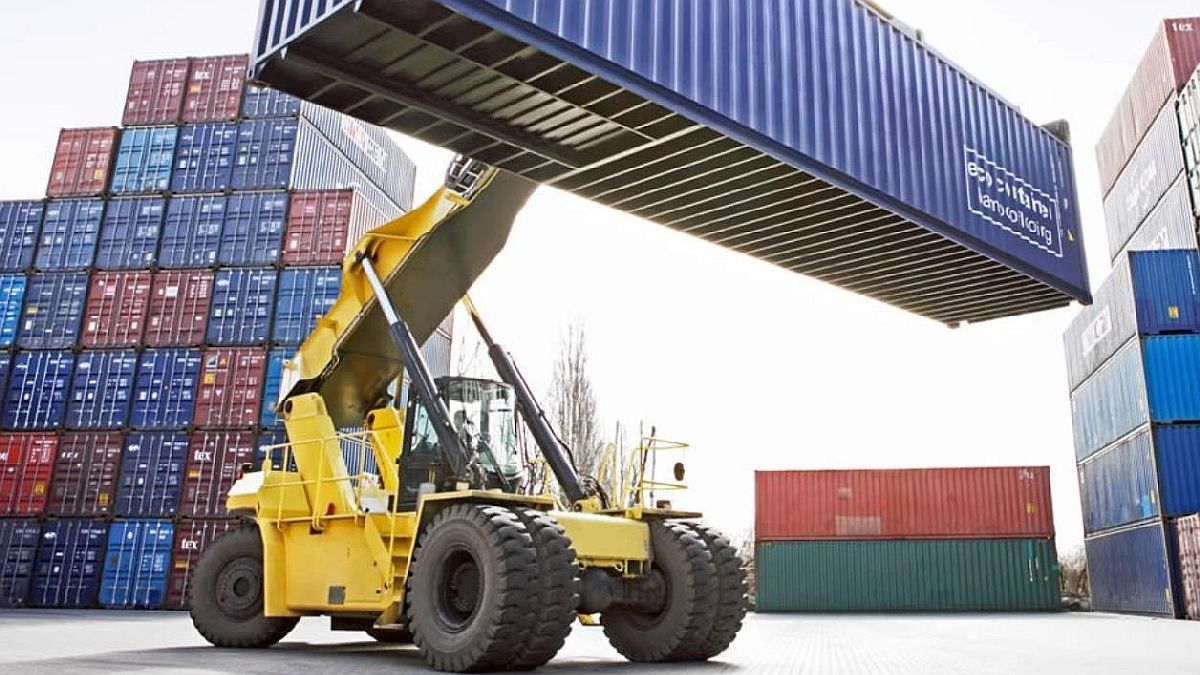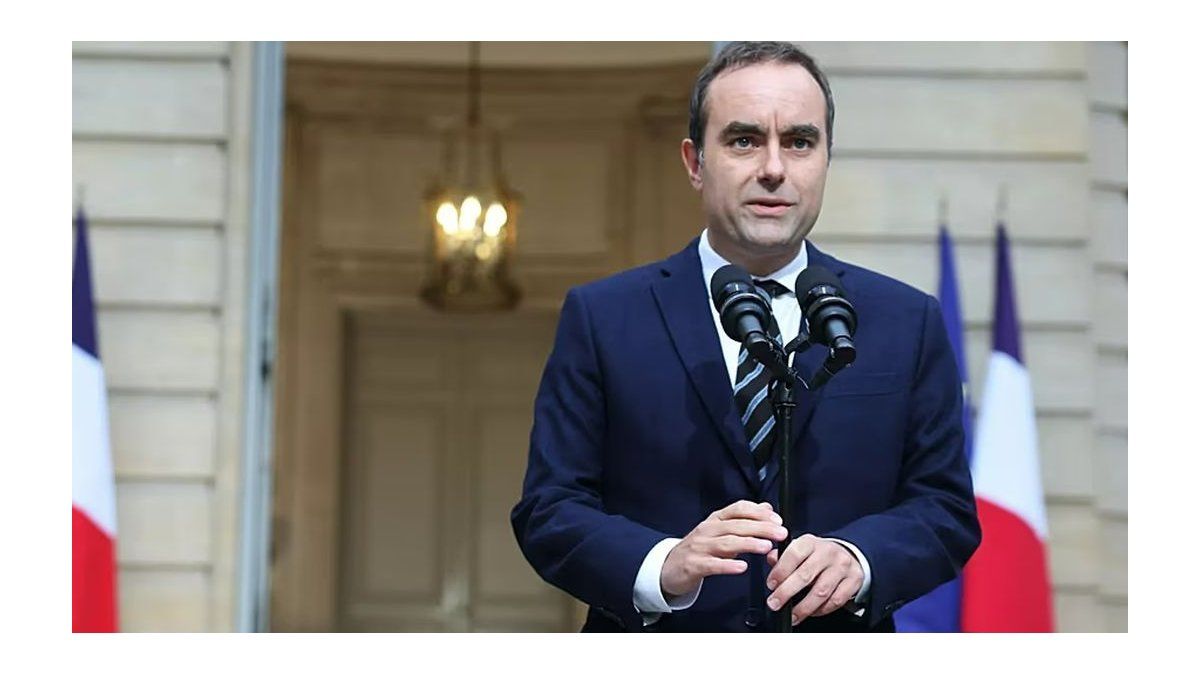How Ámbito told it, the official data shows that 87% of purchases respond to inputs and machinery, while final goods and finished vehicles represent an increasingly smaller percentage of total imports. This means that automatic licenses have been growing at a much higher rate than non-automatic ones. Official data shows that in 2015 this category represented 16.8%, then between 2016 and 2019 it jumped to 20.5%, last year it was around 15% again and in April 2022, the last available record, it reached the peak. history of the series: 13%.
Despite the fact that the data reflect a trade administration that increasingly restricts the entry of final goods produced in the country, in the Government recognize that speculative conduct persists. They aim above all to cut the “overstocking”. That is, to not allow companies to advance purchases speculating on the exchange rate gap and the possibility of a devaluation of the official dollar.
On this point, the president of the Central Bank, Miguel Pesce; the Minister of Productive Development, Daniel Scioli; and the head of the AFIP, Mercedes Marcó de Pont, will seek to oil the coordination between the three areas that today have interference in the matter. In that sense, They point to “fine tuning” tools that allow control company by company to guarantee the prioritization of inputs that are essential for the national industry.
Last week in a meeting he had with Scioli, the president of the General Business Confederation of the Argentine Republic (CGERA)Marcelo Fernández, presented the new minister with a proposal so that SMEs that need to import inputs or raw materials that are not produced in the country submit a sworn statement every 30 days. The amount could not exceed 25% of the monthly billing. This would seek to avoid overstocking. As Ámbito learned, the idea was well received by Scioli.
Last Friday Guzmán and Pesce met with representatives of major multinationals in the country. The issue of imports and dollars was once again at the top of the agenda. Officials asked businessmen for “patience” and told them that the goal is to relax restrictions in September. By then, they point out, energy purchases will have ended and tensions will begin to ease.
Source: Ambito
David William is a talented author who has made a name for himself in the world of writing. He is a professional author who writes on a wide range of topics, from general interest to opinion news. David is currently working as a writer at 24 hours worlds where he brings his unique perspective and in-depth research to his articles, making them both informative and engaging.




